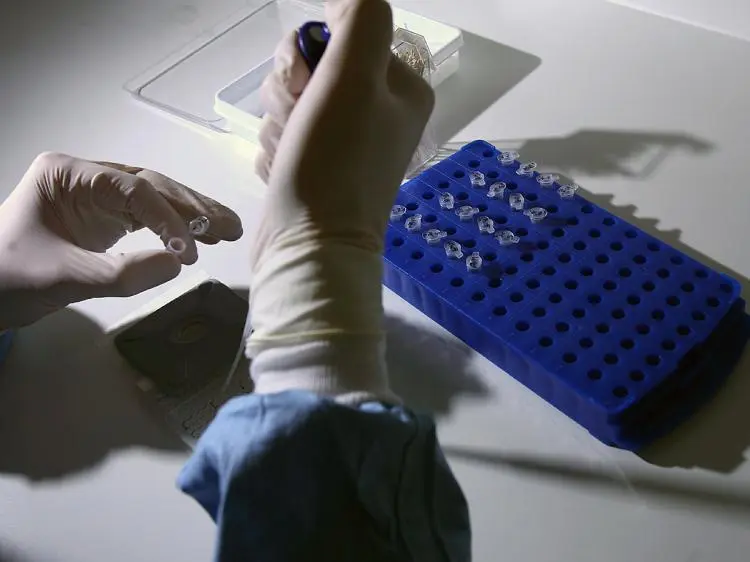PFIZER ADMITS MRNA VACCINES FOR CHILDREN SHOW INCREASED RISKS OF MYOCARDITIS AND PERICARDITIS Highest at risk group is aged 12-17 years of age
Pfizer has released a press statement in regard to the Pfizer mRNA vaccines for both children and adults, finally admitting a connection to increased risks for myocarditis and pericarditis.
For Pfizer’s childrens mRNA vaccine product called COMIRNATY, they state that authorised or approved mRNA COVID-19 vaccines show increased risks of myocarditis (inflammation of the heart muscle) and pericarditis (inflammation of the lining outside the heart), particularly within the first week following vaccination.
For COMIRNATY®, the observed risk is highest in males 12 through 17 years of age. Seek medical attention right away if you have any of the following symptoms after receiving the vaccine, particularly during the 2 weeks after receiving a dose of the vaccine include, chest pain, shortness of breath, feelings of having a fast-beating, fluttering, or pounding heart.
Additional symptoms, particularly in children, may include: Fainting, Unusual and persistent fatigue or lack of energy, Persistent vomiting, Persistent pain in the abdomen, Unusual and persistent cool, pale skin.
Pfizer goes on to state that people with weakened immune systems may have a reduced immune response to COMIRNATY and Pfizer admits that COMIRNATY (the children’s mRNA vaccine) may not protect all vaccine recipients.
For the Adult version of the mRNA vaccine, Pfizer states that myocarditis and pericarditis have occurred in “some people” who have received mRNA COVID-19 vaccines. Myocarditis and pericarditis following Pfizer-BioNTech COVID-19 vaccines have occurred most commonly in adolescent males again aged 12 through 17 and have clearly stated that The Pfizer-BioNTech COVID-19 Vaccine may not protect everyone who takes it.
The press release did not detail exact risk percentages, but this is the first time that Pfizer has admitted increased risks are associated with their mRNA Covid products and they don’t protect everyone.


